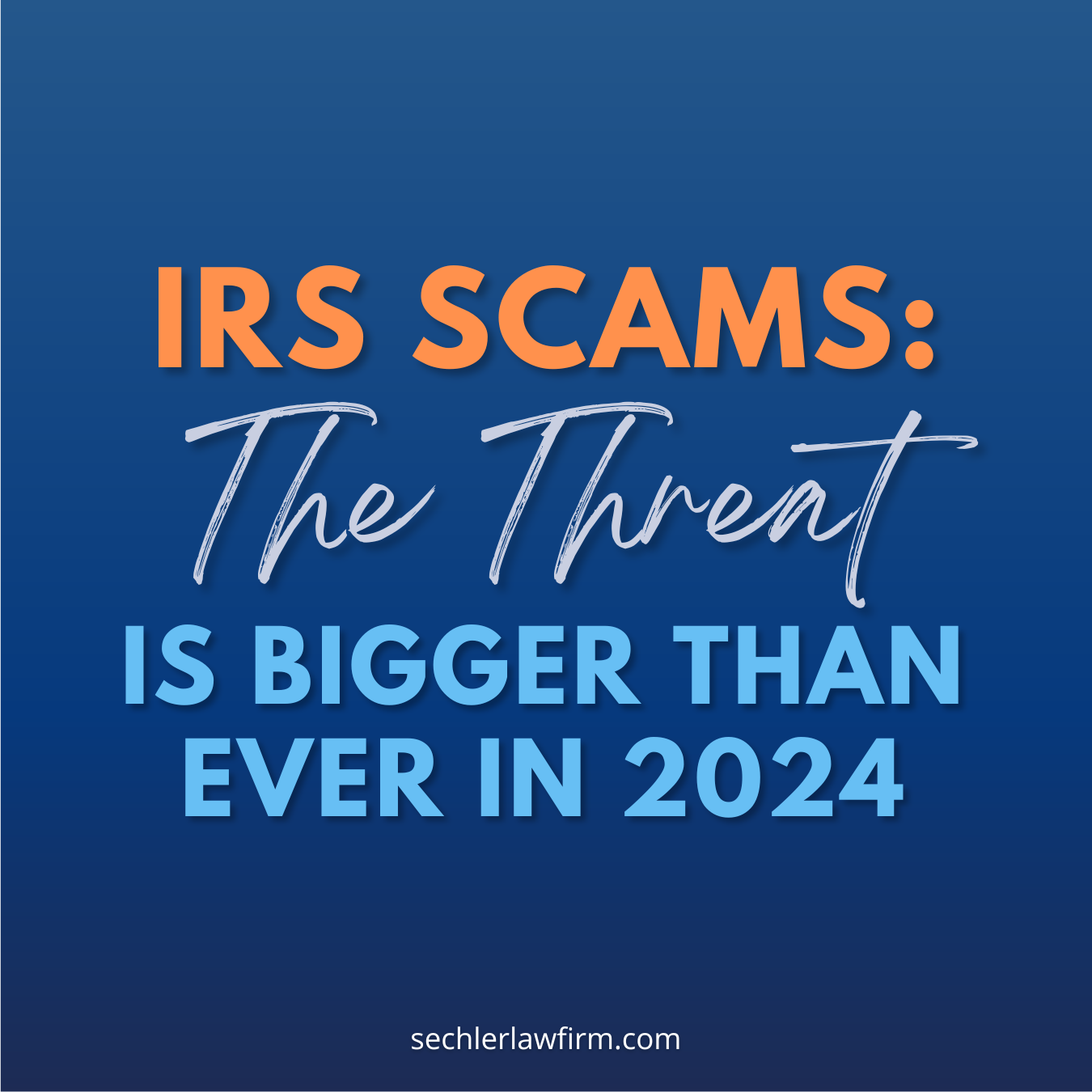Tax season may be in the rearview mirror, but you need to be aware that IRS scammers are ramping up their game. This year, they’re armed with advanced technology and a whole new bag of tricks. The alarming factor is that these deceptive schemes are more convincing than ever, making it frighteningly easy to fall victim – even for the most tech-savvy among us.
Thanks to artificial intelligence (AI), IRS scammers can now tailor their tactics with pinpoint accuracy. Fake emails and calls become personalized, incorporating specific details about your life to make them sound more legitimate. In addition, spoofing lets them fake their caller ID, making it appear like the calls are originating directly from IRS or government lines.
The IRS recently released its list of the worst scams targeting taxpayers in 2024. Here are some of the most common to be aware of:
- “Recalculated Refund” Emails: You receive an email claiming your tax return has been reviewed, and you’re owed more money. They tell you they just need your personal information to process it. Don’t divulge any information to them!
- Gift Card Demands: Be aware of scammers who pose as IRS agents, and threaten you with fines or jail time, unless you pay alleged debts with gift cards.
- Fake Agency Calls: You may receive calls that appear to come from agencies like the FDIC or others, but they will demand immediate payment or claim your accounts are compromised. Don’t comply!
Staying ahead of scammers requires vigilance. Here’s what you need to know:
- The IRS Won’t Initiate Contact: They won’t call, email, or text you out of the blue. If they do contact you, it’s not the IRS so hang up, delete, and ignore.
- No Gift Cards, Ever: Government agencies never demand payment via gift cards, wire transfers, or cryptocurrency.
- Verify Everything: If you’re unsure, hang up and call the agency directly using a number from their official website.
- Spread the Word: The best defense is awareness. Talk to your elderly relatives and anyone who might be vulnerable to these scams. These scammers are very convincing.
It’s vital to remember that anyone can be a target. If you suspect a scam, report it immediately to the Treasury Inspector General for Tax Administration (TIGTA), the Federal Trade Commission, and the Internet Crime Complaint Center.









